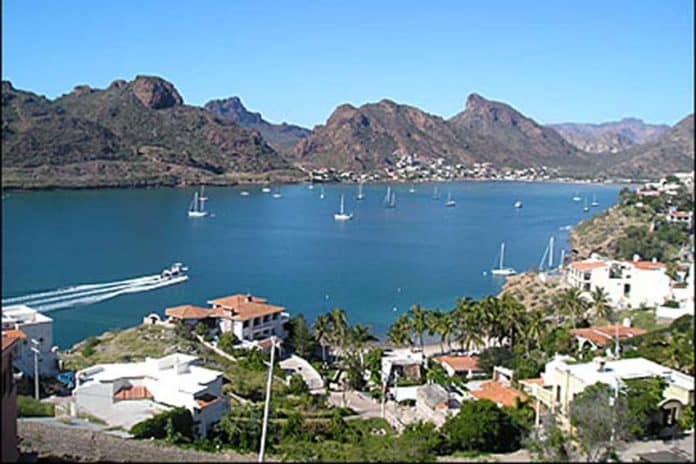Fourteen magical towns are at risk of losing their magical designation because they have failed to meet the requirements of the program as set by the federal Tourism Secretariat (Sectur).
Gerardo Corona, undersecretary for innovation and development at Sectur, told the newspaper Milenio that the department had found that the 14 towns — which he didn’t name — were failing to comply with the program’s “operational model” during a review of all 111 of Mexico’s pueblos mágicos.
“. . . There are vendors and trash in the streets and sometimes the towns lose the urban image [they should have.] Without warning, they put up signs that shouldn’t be there, there’s no development of the tourism product or the committees aren’t working correctly. There are a number of things we noted,” he said.
Corona said that Sectur has given the towns between 180 days and one year to show that they have resolved the problems that were detected and that they deserve to continue to be designated as magical.
He explained that in order to be included in the program, towns have to commit to making a range of improvements, adding that if they don’t follow through with their commitments “maybe there isn’t interest anymore” and the magical designation should be transferred to another town.
New towns were last added to the pueblos mágicos list in 2015 and since then, Corona said, the government has focused on improving the program rather than augmenting it.
The current federal administration is proposing an “incubation model,” he added, in which every town that aspires to be designated magical first works with municipal and state governments to ensure that it is fully prepared to comply with the program’s requirements.
The tourism official also said that Sectur will work with president-elect Andrés Manuel López Obrador’s transition team to determine whether any new towns will be added to the program and decide which, if any, are dropped.
Future tourism secretary Miguel Torruco Marqués said earlier this month that he would carry out an “exhaustive review” of the scheme, charging that its rules and objectives had become unclear.
The president of the Mexican Travel Agency Association, Jorge Hernández Delgado, said last year that the magical towns program is more about politics than tourism, charging that decisions about which destinations receive the designation come down to negotiations between state governors and federal authorities with money being the main motivator.
The magical towns program, which recognizes destinations with special features that are attractive to tourists, was first introduced in 2001 during the administration of former president Vicente Fox.
The first town to be awarded the designation was Huasca de Ocampo, Hidalgo, while Mexcaltitán, Nayarit, Tepoztlán, Morelos, and Real de Catorce, San Luis Potosí, were also named pueblos mágicos in the program’s inaugural year.
Several communities are currently interested in joining the program. Jalisco’s tourism secretary said last week that Ajijic, Tlaquepaque and Jamay are hopeful of obtaining the designation.
Tourism authorities in Sonora said yesterday that they expect Cananea, San Carlos and Cócorit to be added to the list in October.
Source: Milenio (sp), Informador (sp), El Sol de Hermosillo (sp)
